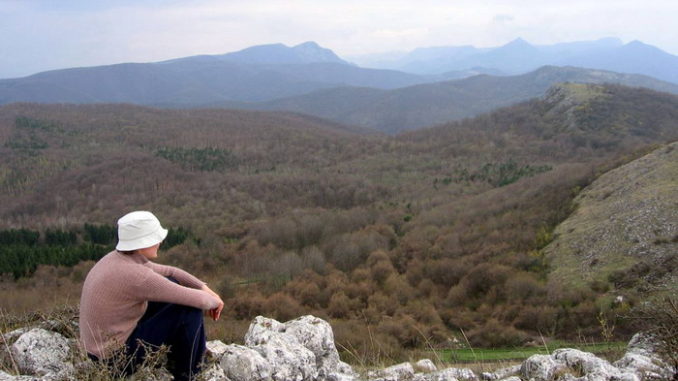
Farm Succession in Romania – where are the new custodians?
How will sustainable agroecological methods get to get passed on, as peasant farmers age? […]

How will sustainable agroecological methods get to get passed on, as peasant farmers age? […]
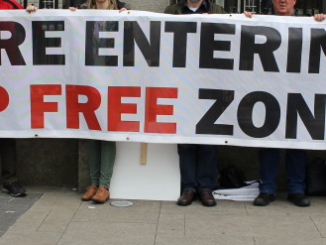
Across Europe, TTIP and CETA free zones are being established. Ramona Duminicioiu of Eco Ruralis tells us about Romania. […]
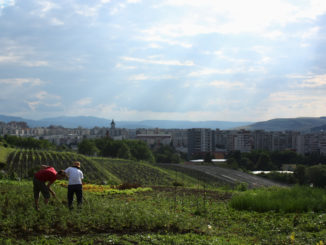
Are Gene Banks a solution in a world of agri-biodiversity decline, or museums of seed diversity? | ARC2020 […]

New ARC2020 correspondent Pavlos Georgiadis on Greece, the economic and political crisis and agri-food’s role in it […]

On June 29th US president Barack Obama signed Fast Track, better known as the Trade Promotion Authority. This follows the vote on 23rd June – by the narrowest of margins possible – in the US Senate to approve this controversial procedure. […]
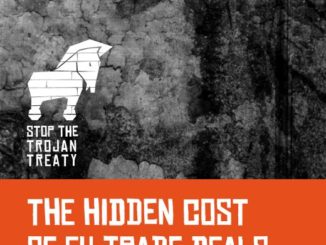
Arc2020 has this week updated our briefing notes on TTIP. This means you can be fully informed with all of the major aspects, controversies and issues related to the Transatlantic Trade and Investment Partnership, especially from an agri-food perspective. We explain the background – the spin about jobs and growth, in essence, and then begin to unpack all the main problems we see with this corporate power grab. These notes feature the work and publication of key organisations on both sides of the Atlantic including Friends of the Earth Europe, the Institute of Agriculture and Trade Policy, Corporate Europe Observatory. We unpack the threat of lowered standards and regulations; corporate influence on negotiations especially ‘investor-state dispute settlement’ (ISDS) and similar regulatory chill developments; the relationship between bad diets and trade deals; lack of transparency, and also the good news – the fact that we are making progress. Here are some of the highlights you will find if you pop over to the briefing notes page: Poland had to pay E2 Billion in an ISDS settlement trying […]

[show-map id=’1′]We reveal just how fair and green CAP 2014-2020 really is.

As the French government and Swiss retailers, among many others, start to restrict glyphosate, is time up for the world’s most popular pesticide? […]

BREAKING (12/06/2015, 20.30 hrs): House Rejects Trade Bill, Rebuffing Obama’s Dramatic Appeal First comment from IATP: Following months of intense public opposition to Fast Track, the House of Representatives today defied the Obama administration’s trade promotion package. The debate over Fast Track blurred party lines. “It took real courage for those Democrats and Republicans who stood up to the President and Republican leadership and opposed the free trade package. They defended working families, farmers, natural resources, the environment and most importantly, democratic principles,” says Juliette Majot, President of the Institute for Agriculture and Trade Policy (IATP). “This is a clear rejection of the free trade agenda that favors big business over workers, farmers, consumers, and our environment. It’s time to bury this failed approach. I just hope the administration is really listening to what was said today, and what citizens groups around the world have been saying for years. We need very different rules that enhance local economies and jobs and advance efforts to rebuild our food system so it is fair and sustainable,” according […]

Eco Ruralis Bring us the Shocking Story of Forest Grabbing in Romania, where the vast majority of Europe’s Vital Old Growth Forests are. Fact Sheets, Leaked Letters and an Undercover Video Expose. #Forestgrab […]

Confédération Paysanne is mobilising to defend its right to peaceful direct action. Peter Crosskey explains. […]
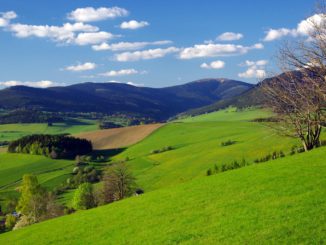
Czech Republic is the European Union country with the highest share of arable land, around 38% of its surface. Despite this fact, recent trends give clear evidence for an enormous decrease of agricultural land due to the expansion of urbanization and industrialization plans across the country. However the reformed Common Agricultural Policy (CAP) of the European Union (EU) could potentially push Czech Republic to promote an environmentally and socially sustainable agriculture. The process of land degradation in Czech Republic has its roots in the agricultural land expropriations of the 1950s done by the communist regime. During that time agricultural policy focused mostly on the large-scale consolidation of farmlands as well as on highly intensive methods of production through the use of agrochemicals without consideration of potential environmental risks. In light of the „Velvet revolution“ in 1989 the political and economic changes gave rise various agricultural currents, from agroindustry to organic farming. Already in 1990 the Ministry for Agriculture established its own department for „alternative agriculture“, handing out Governmental support in form of direct subsidies to […]
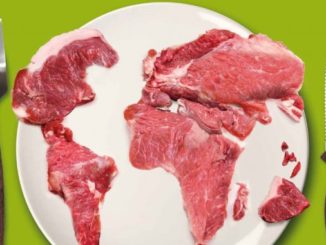
WTO Final Ruling on Meat Labels Exposes TTIP Fast Track, with implications for everyone.Via Common Dreams. […]
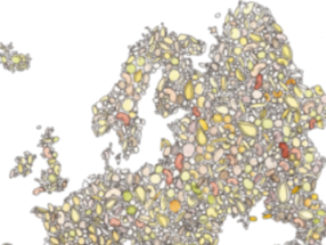
With UK elections coming up tomorrow, Joseph Dodd of GMO free regions explains the party positions on GM. […]

A group of Welsh hill farmers has successfully challenged a deeply unpopular ten-fold differential in proposed Basic Payment rates for upland. Less than a week before Christmas, the Welsh Assembly stepped back from a judicial review of its November decision to fix Basic Payments (BPS) at EUR 20/hectare above the 400-metre contour, compared to EUR 200/hectare below it. Ad hoc hill farmers’ group Fairness For The Uplands (FFTU) had secured a court hearing into what spokesman Tony Davies told journalists had become a “fiasco.” Farmers’ concerns over how the moorland line was to be fixed had not been understood, according to the FFTU, which advocates a fairer system based on productivity. Working with a landscape that can rise from sea level to 1,000 metres within tens of kilometres, Welsh hill farmers do not live by contour lines, even if it would have suited payment agency staff for them to do so. For the Welsh Assembly, the choice of a contour line avoids endless arguments about how to classify and support agricultural activity or disallow agricultural […]
Agricultural and Rural Convention